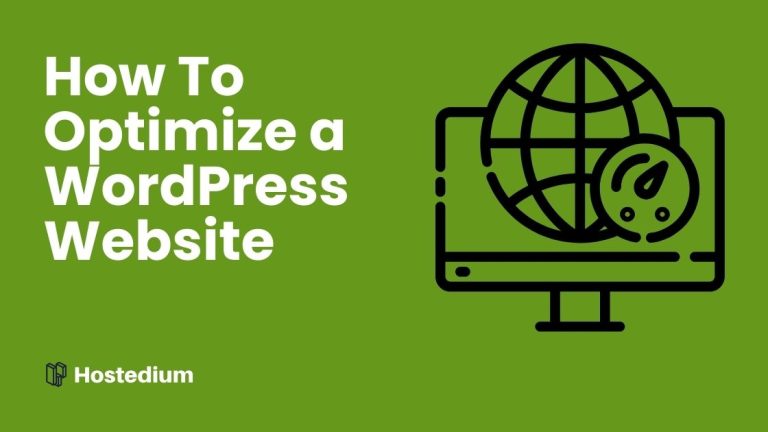Is unlimited hosting worth it for my website?
If you run a small business site, blog, or portfolio, unlimited hosting often delivers enough headroom without a complex setup. For resource-heavy apps, e-commerce with high traffic, or large media archives, a measured plan with explicit CPU/RAM or VPS/Dedicated guarantees is usually a safer bet.
What hidden limits and fair-use rules should I expect?
“Unlimited” typically targets disk space and monthly data transfer, but providers enforce acceptable use and other soft limits to protect shared servers. Expect clauses that ban mass backups, file storage services, or persistent high-CPU processes.
Practical enforcement commonly includes caps on CPU, RAM, simultaneous processes, and inode/file counts, even when disk and bandwidth are marketed as unlimited. Guide from SupportHost shows how those caveats appear in real provider terms.
How do hosts actually enforce fair use without explicit caps?
Hosts enforce fair use policies without explicit caps by continuously monitoring network patterns and resource consumption, then acting when usage behavior exceeds what they deem reasonable or disrupts service for others. Enforcement tends to be reactive: detect a noisy account, warn, then throttle or suspend if behavior continues.
- Background monitoring of CPU and process usage ⚠️ (spikes signal action)
- Limits on the number of files/inodes and daily I/O 🗂️ to prevent mass storage abuse
- Connection and process caps to stop long-running scripts 📈 that hurt neighbors
How do “unlimited disk” and “unlimited bandwidth” differ in practice?
These two terms look similar but are enforced differently on shared hosting. Disk often faces inode or file-type restrictions, while bandwidth is policed by traffic patterns rather than a hard monthly cap.
| Resource | Marketing claim | Common practical limit |
|---|---|---|
| Disk space | Unlimited storage | Inode count, file types |
| Bandwidth | Unlimited transfer | High-traffic throttling |
| Domains | Unlimited sites | CPU/memory per account |
How can I test and validate an “unlimited” hosting claim before buying?
Short trials and carefully staged tests reveal how a host reacts under load and unusual usage patterns. Use realistic simulations and watch provider support and policy responsiveness.
- Run a traffic spike test with a staging site 🧪 while monitoring response times
- Upload varied file types and counts, then check inode limits 📞 and support responses
What are the cost and scaling trade-offs versus capped or guaranteed plans?
Unlimited hosting plans are usually cheaper upfront because they assume most users stay “normal” and share pooled resources. If you expect resource spikes or need predictable performance, a VPS or dedicated server with clear resource quotas often costs more but reduces surprises.
How should I respond if my account is throttled or suspended?
Start with the host’s acceptable use policy and support channels; document your site’s normal behavior and ask for specific metrics that triggered the action. If the provider won’t share clear evidence, prepare to migrate or upgrade to an isolated plan.
- Request logs and usage snapshots from support
- Prepare a minimal reproduction site to show load behavior
- Plan a migration route to VPS or cloud hosting if needed
What technical checks should I do before signing up?
Look for transparency: published resource monitoring, inode limits, CPU throttling policies, and staging/trial options. Ask about backup practices and whether backups count against your “unlimited” disk allowance.
How do I choose between different unlimited offers?
Compare by policy clarity and support speed rather than the monthly price alone. Prioritize providers that publish usage limits, provide trial periods, and respond with concrete metrics when asked.
FAQs
So, the unlimited hosting meaning could be the same as unlimited performance?
No. Unlimited usually covers disk and transfer counts in marketing, not guaranteed CPU or RAM, so performance can vary with neighbor activity.
Can I legally store backups and archives on an unlimited plan?
Often no. Many providers prohibit using hosting as general-purpose file storage; backups can violate terms if they consume excessive inode or storage patterns.
What should I do if a host refuses to clarify their limits?
Insist on written policy or demo logs, use a trial, or choose a host with clearer SLA and resource guarantees.
Are there reputable ways to measure a host’s throttling behavior?
Yes. Controlled load tests, synthetic traffic tools, and monitoring resource metrics during trials help detect throttling. Record everything for support escalation.
Bottom line and next step
Unlimited hosting delivers great value for typical small sites, but the offer carries important caveats in practice; read the acceptable use rules and run a trial before you commit. Takeaway: test claims, ask for metrics, and be ready to upgrade if your project needs guaranteed performance.




